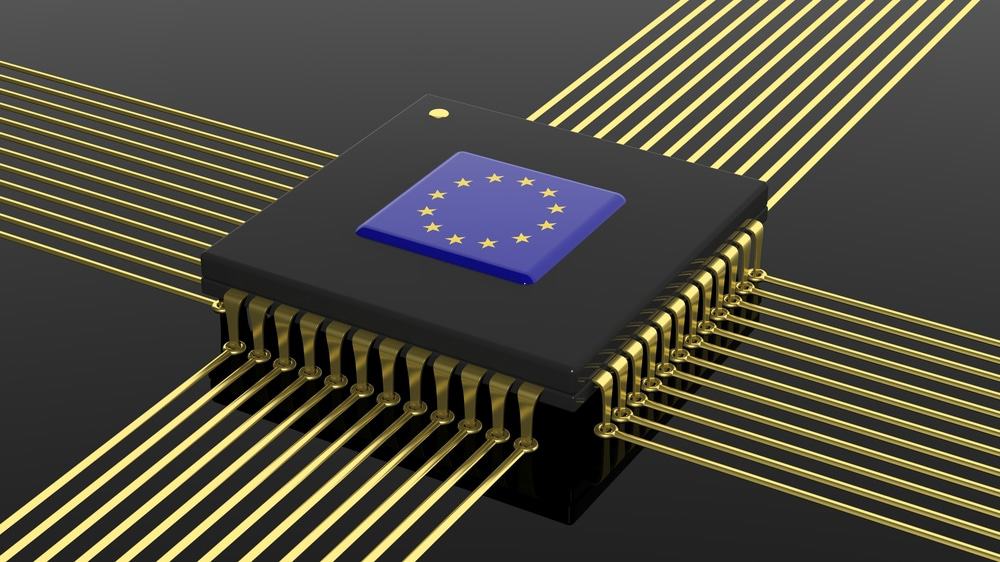Europe’s Tech Giants Invest in Chip Production
The European Union is making a push to attract tech giants into competition with the US and Asia, and a series of tech companies have decided to export their chip production within the EU. The European Chips Act is a package of 43 billion euros, consisting of investments from both the public and private sectors. What will become of it, and where will European chip production end up?
Intel: Plans in Germany, Poland and Maybe Italy Too
Intel has been in talks with the German government about the construction of a new chip factory in Magdeburg. The total cost of the facility is 40 billion euros, with Germany contributing 10 billion euros. Initially, the subsidy amount was 6.8 billion euros, but Intel argued that it was not enough. Intel itself is also investing more in the project than initially thought, with 30 billion euros instead of 17.
In addition to Germany, Intel has plans for a Polish complex in Wrocław. This should create thousands of new jobs, including 2,000 within the facility itself. Construction is expected to be completed in 2027.
Intel also had plans to set up a chip factory in Italy worth 4.9 billion euros, but the agreement has yet to be finalized. Intel stated at the beginning of this year that the Italian plans are still in the works. The European Chips Act may provide the push to win the deal.
Intel is also expanding outside of Europe, with plans for a new chip factory in Israel.
GlobalFoundries and STMicroelectronics: French Government Aid
At the end of April, STMicroelectronics and GlobalFoundries received the go-ahead from the European Commission for the construction of a new chip factory with government support. The support package is 7.4 billion euros, and the project should be completed in 2027. The chips produced at this facility will be used for electric vehicles, charging stations and other applications that play an important role in the green transition in Europe.
Infineon: 5 Billion for German Factory
In February, the German Infineon received confirmation that it can start working on a chip factory in Dresden that will cost about 5 billion euros and should be completed in 2026. The factory will provide 1000 jobs.
The deal was met with positive reactions from German politicians, who, like other European policymakers, had weighed in on the influence of the US Inflation Reduction Act. This US deal can have a significant impact on the European chip market.





